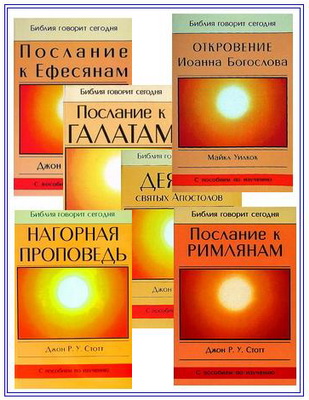
Cambridge Companions - Psychology and Psychoanalysis
Despite distorted understandings of Freud's views and despite periodic waves of Freud-bashing, Auden's assessment remains essentially correct. Freud's influence continues to be enormous and pervasive. He gave us a new and powerful way to think about and investigate human thought, action, and interaction. He made sense of ranges of experience generally neglected or misunderstood. And while one might wish to reject or argue with some of Freud's particular interpretations and theories, his writings and his insights are too compelling to simply turn away. There is still much to be learned from Freud.
The essays here collected focus on some of Freud's masterworks and some of his central concepts, trying to bring out the structure of his arguments and contributions to our self-understanding.
Freud was born in 1856 in Freiberg in Moravia, but after his family's move when he was four years old, he passed almost all of his long life in Vienna. The story of his life is the story of his thought. The great events were most often the occasions of his discoveries and speculations. After his childhood move, the rest of his life can be viewed as a tale of four cities, the psychogeography of which is explored by Carl Schorske. Vienna, embroiled in anti-Semitism, was the ambivalent scene of Freud's professional advances and defeats as well as home to his contented family life. London was, from the beginning until his flight there from Hitler in the last months of his life, capital of the land of hope and order, ideal site of the liberal ego. Paris, on the other hand, place of his early studies of hysteria with Charcot, provided the romantic center for his imagination, offering the attractions of the dangerous and alluringly irrational id. And finally Rome, embodying layers of history through which the archeologist can dig just as the depth psychologist can excavate the buried past, was the unapproachable city of his youthful ambitions and adult dreams, and it became the locus for a fitful reconciliation of polarities.
The Cambridge Companion to Freud
Edited by Jerome Neu, 2008
- Introduction. JEROME NEU
- 1. Freud: The psychoarcheology of civilizations. CARL E. SCHORSKE
- 2. Seduced and abandoned: The rise and fall of Freud's seduction theory. GERALD N. IZENBERG
- 3. Freud's androids. CLARK GLYMOUR
- 4. The interpretation of dreams. JAMES HOPKINS
- 5. The unconscious. SEBASTIAN GARDNER
- 6. The development and vicissitudes of Freud's ideas on the Oedipus complex. BENNETT SIMON AND RACHEL B. BLASS
- 7. Freud and perversion. JEROME NEU
- 8. Morality and the internalized other. JENNIFER CHURCH
- 9. Freud on women. NANCY J. CHODOROW
- 10. Freud and the understanding of art. RICHARD WOLLHEIM
- 11. Freud's anthropology: A reading of the "cultural books". ROBERT A. PAUL
- 12. Freud's later theory of civilization: Changes and implications. JOHN DEIGH
- 13. In fairness to Freud: A critical notice of The Foundations of Psychoanalysis, by Adolf Griinbaum. DAVID SACHS
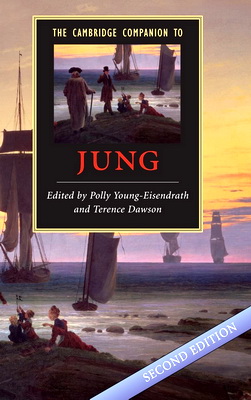
The Cambridge Companion to Jung
2nd Edition, edited by POLLY YOUNG-EISENDRATH and TERENCE DAWSON, 2008
- New developments in the post-Jungian field. ANDREW SAMUELS 1
PART I. JUNG’S IDEAS AND THE IR CONTEXT
- 1. The historical context of analytical psychology. CLAIRE DOUGLAS
- 2. Freud, Jung, and psychoanalysis. DOUGLAS A. DAVIS
- 3. The creative psyche: Jung’s major contributions. SHERRY SALMAN
- 4. Psychic imaging: a bridge between subject and object. PAUL KUGLER
PART II. ANALYTICAL PSYCHOLOGY IN PRACTICE
- 5. The classical Jungian school. DAVID L. HART
- 6. The archetypal school. MICHAEL VANNOY ADAMS
- 7. The developmental school. HESTER MCFARLAND SOLOMON
- 8. Transference and countertransference. CHRISTOPHER PERRY
- 9. Me and my anima: through the dark glass of the Jungian/Freudian interface. ELIO FRATTAROLI
-
10. The case of Joan: classical, archetypal, and developmental approaches
- A classical approach. JOHN BEEBE
- An archetypal approach. DELDON ANNE MCNEELY
- A developmental approach. ROSEMARY GORDON
PART III. ANALYTICAL PSYCHOLOGY IN SOCIETY
- 11. Jung and Buddhism: refining the dialogue. POLLY YOUNG-E ISENDRATH
- 12. A Jungian analysis of Homer’s Odysseus. JOSEPH RUSSO
- 13. Literary criticism and analytical psychology. TERENCE DAWSON
- 14. Jung and politics. LAWRENCE R. ALSCHULER
- 15. Jung and religion: the opposing self. ANN BELFORD ULANOV
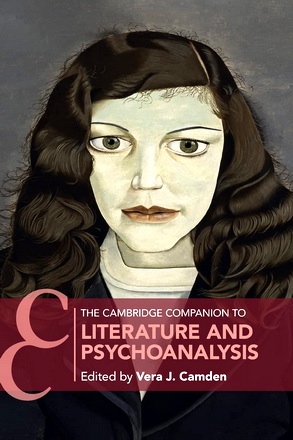
The Cambridge Companion to Literature and Psychoanalysis
Edited by VERA J. CAMDEN, 2021
- Chronology. Vera J. Camden, Valentino L. Zullo
- Introduction - Reading to Recover: Literature and Psychoanalysis. Vera J. Camden
Part I - In History
- 1 - Varieties of Psychoanalytic Experience. Madelon Sprengnether
- 2 – Recognitions: Shakespeare, Freud, and the Story of Psychoanalysis. Catherine Bates
- 3 - Rivalry and the Favorite Child in Jane Austen’s Pride and Prejudice and Persuasion. Margaret Ann Fitzpatrick Hanly
- 4 - Encountering Invisible Presence: Virginia Woolf and Julia Duckworth Stephen. Katherine Dalsimer
- 5 - Dislocating the Reader: Slave Motherhood and The Disrupted Temporality of Trauma in Toni Morrison’s Beloved. Jean Wyatt
Part II - In Society
- 6 - Remembering Violence and Possibilities of Mourning: Psychoanalysis, Partition Literature, and the Writings of Sa’adat Hasan Manto. Zehra Mehdi
- 7 - Latin American Violence Novels: Pain and the Gaze of Narrative. Beatriz L. Botero
- 8 - A Man and His Things: Bruce Chatwin’s Utz. Adele Tutter
- 9 - The Uses of Literature and Psychoanalysis in Contemporary Reading Groups. Josie Billington
Part III - In Sight
- 10 - Frames of Mind: Comics and Psychoanalysis in the Visual Field. Emmy Waldman
- 11 - Psychoanalysis and Children’s Literature: Spotlighting the Dialogue. Ellen Handler Spitz
- 12 - Reflections on Psychoanalysis and Class: Andrea Arnold and Donald Winnicott. Vicky Lebeau
Part IV - In Theory
- 13 - Why Literature? Why Psychoanalysis? Jeremy Tambling
- 14 - Beyond the Fragmented Subject. Lisa Ruddick
- 15 - Queering Melancholia: Bad Feelings in Giovanni’s Room. Mari Ruti
- 16 - Animal Figures. Carla Freccero
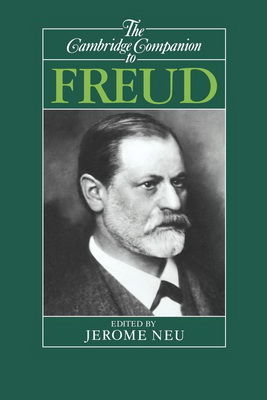
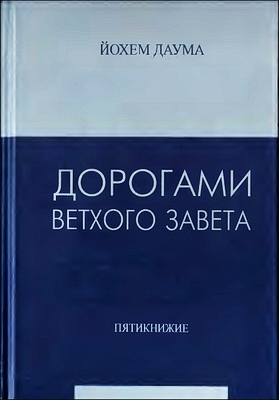
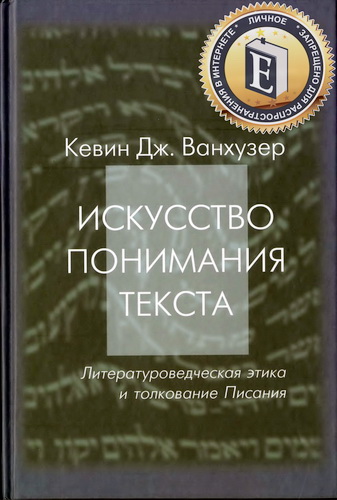
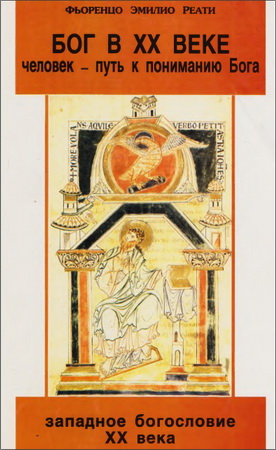
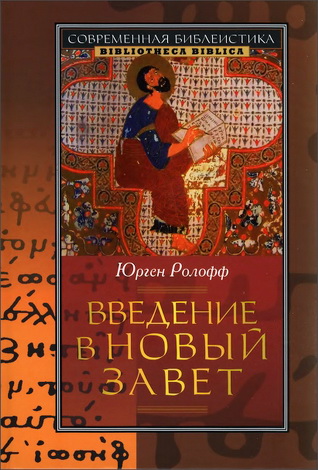
Комментарии
Пока нет комментариев. Будьте первым!